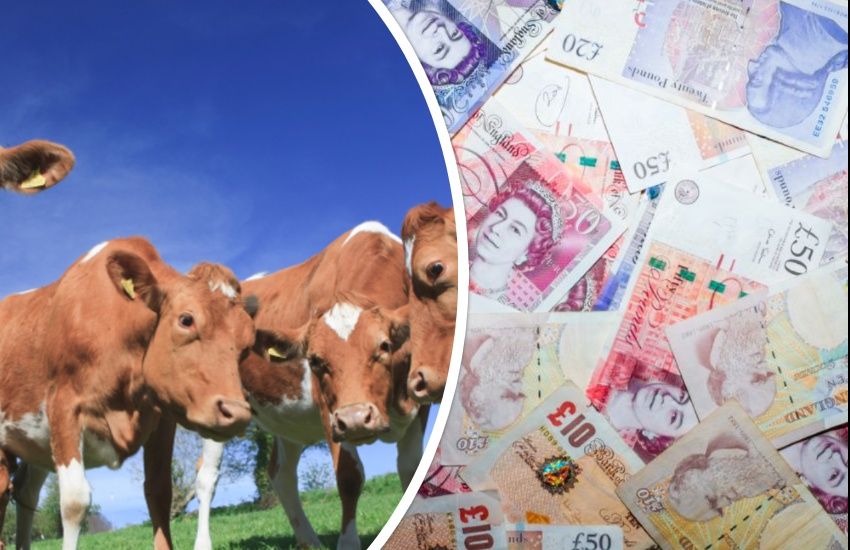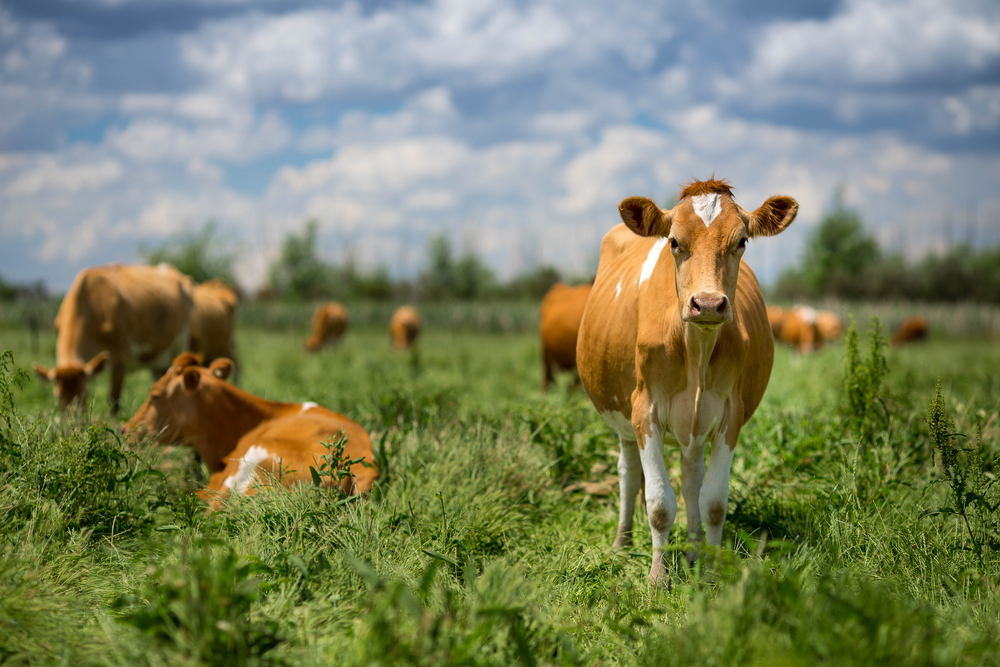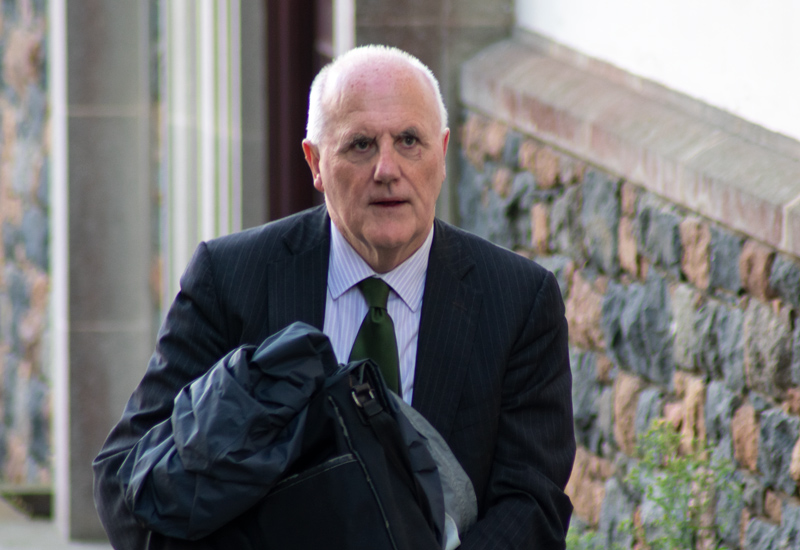


Several dairy farms have been saved from going out of business by an emergency lump sum of half-a-million pounds from the States of Guernsey.
£486,000 is being drawn from the Budget Reserve after the President of the Committee for Environment & Infrastructure (Deputy Lindsay de Sausmarez) wrote to the President of the Policy & Resources Committee (Deputy Peter Ferbrache) outlining how severe the situation was for farmers.
The dairy industry is facing acute issues centered around skyrocketing costs for feed and fertiliser. So-called ‘agri-inflation’ has seen prices increase by 38%, compared to Guernsey's RPIX rate of 7%.
There are 12 farms in Guernsey and Deputy de Sausmarez said she was recently made aware of how critical the situation was by the States Trading and Supervisory Board, which has responsibility for the Dairy Board.
“It’s not like other areas of the economy, where if a business closes another can pop up in its place. If we lose farmers, they are likely to be gone for good and I think that’s a really important aspect to keep in mind,” she said.
The funding is being provided to help cover the costs of feed and fertiliser and will be divided between the farms under a pre-existing distribution framework.
“We already have a formula that is an equitable way of distributing funds, which takes account of how many cows each farmer has [etc] ... so we’re basing the distribution of this emergency funding on a pre-existing formula which we know to be fair and equitable,” said Deputy de Sausmarez.

Pictured: STSB has commissioned a report to evidence how critical the situation is.
The issues surrounding feed and fertiliser have been triggered by the ongoing war in Ukraine and exacerbated by the record-breaking temperatures felt across the British Isles. The situation is not going to be fixed by the funding alone and Deputy Ferbrache agreed that further funding “is more than a possibility”, but Deputy de Sausmarez said her committee are now planning for the future.
“There are two distinct things that we are aiming to do,” she said. “The first thing is that we need to deal with the crisis here and now and we’re very aware that this is unlikely to be addressed in full by this funding.
“So, we’re carrying out a bit of work that is looking further into the future... about the sustainability of the industry. We were actually planning to do a bit of work along those lines anyway, but it has been brought to a head and we’ve broadened its horizons.”
Deputy de Sausmarez said this work is being scoped and could generate results as soon as next year.

Pictured: Deputy Ferbrache said: “The farmers didn’t want to cry wolf, they wanted to make sure they could provide to the relevant States’ bodies, good evidence to show just how bad the situation was.”
When asked why the government should provide funds to save the industry, Deputy Ferbrache said “it would be crazy not to”.
“Do you want to see these fields overgrown? Do you want to see the Guernsey cows go? Do you want to see 12 hardworking farmers [possibly go out of business].
“My view is unequivocal; the farmers have got to be supported. I don’t believe they’re doing anything other than coming to us reluctantly and out of necessity.”
Comments
Comments on this story express the views of the commentator only, not Bailiwick Publishing. We are unable to guarantee the accuracy of any of those comments.